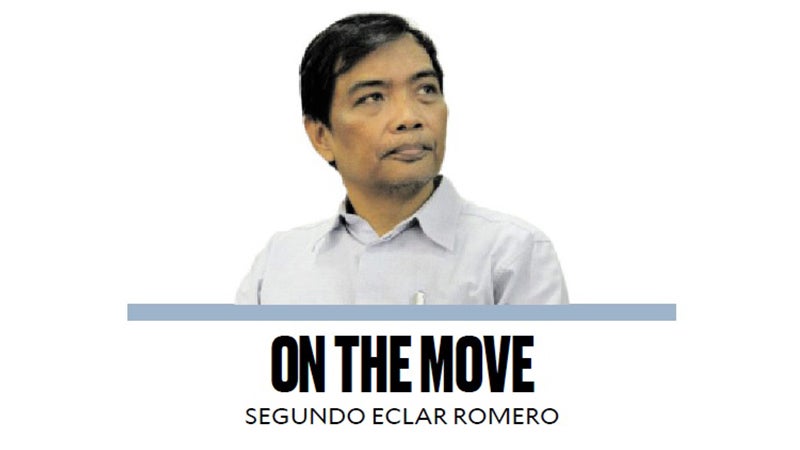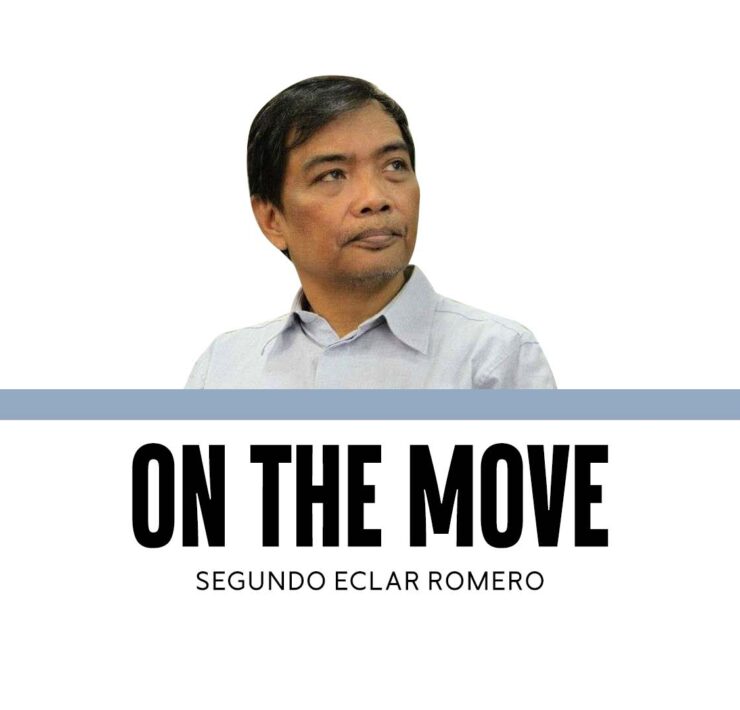Death as political capital (1)

Filipinos have always had an intimate, even mystical relationship with death. It is not merely the end of life, but a social and political rite. In this country, death has been currency—for mourning, for memory, and often, for power.
We are once again witnessing that currency being readied for use.
Rodrigo Duterte, the Philippines’ former president and architect of one of the bloodiest “wars on drugs” in recent history, now sits in a detention facility at The Hague. Facing charges of crimes against humanity, he is isolated from the domestic power plays he once choreographed with impunity. And yet, despite the walls around him, he may still hold the most dangerous political card in the Philippines today: his death.
Devoid of options for legal rescue and politically weakened at home, Duterte’s camp seems to be considering one final, incendiary move: leveraging his death—natural or framed as martyrdom—to propel his daughter, Sara Duterte, into the presidency in 2028.
The script is simple, and it is not new. Create spectacle, manufacture memory, and control the mourning. From Ninoy Aquino’s assassination that triggered the fall of Ferdinand Marcos Sr. to the quiet funeral of Fernando Poe Jr. that energized the campaign of Grace Poe, political death has a long track record of engineering political rebirth.
But this one is different. For the first time in Philippine political history, we are looking at a premeditated, possibly even pre-scripted transformation of a former strongman’s death into a coronation tool for his heir. It’s not just a gamble—it’s a last gambit.
Duterte himself seemed to foreshadow this in 2023 when he declared, “My imprisonment will make Sara President.” Was it a lament, a prophecy, or a blueprint for the drama to come?
Today, Sara Duterte is cornered. She has resigned as secretary of education. She has been impeached and awaiting trial by the Senate as the impeachment court. She is engulfed by the scandal surrounding P375 million in confidential fund spent by the Office of the Vice President in 2023. And yet, her popularity is rising. In stark contrast, President Marcos‘ numbers are falling—and fast.
In political terms, this is an aberration. In optics terms, it is a masterstroke.
Sara Duterte is being rebranded—not as an embattled official, but as a persecuted daughter. Her political suffering is recast as martyrdom by proxy. And the goal is clear: let grief become gravity. Let the nation’s sense of loss become fuel for her electoral rise.
But even more perplexing are the maneuvers within the Marcos camp. Sen. Imee Marcos, the President’s sister, has become one of his sharpest critics, aligning herself with Duterte loyalists and appearing at rallies that subtly challenge her brother’s leadership. Is this a family schism? Or is Imee hedging her bets—staying in the good graces of a Duterte base that might once again become kingmakers?
Mr. Marcos himself has not visibly played his hand. He appears indecisive and aloof. But two of the most dramatic political acts under his administration—Sara’s impeachment and Duterte’s handover to the International Criminal Court—have been executed with surprising speed and efficiency. This is either strategic brilliance masked by passive optics or evidence that he is no longer in control of the board.
But make no mistake: this chessboard isn’t purely domestic. What we’re seeing is the Philippines as a pawn in a much larger game.
China is unraveling. Facing an economic downturn, military overreach, and internal dissent, Beijing is hungry for new footholds in the Indo-Pacific. A Sara Duterte presidency—with its historical friendliness to Beijing—offers the kind of regional opening China needs to counterbalance US-Philippine realignment.
The United States, meanwhile, is also entering its storm. With the return of Donald Trump and his penchant for destabilizing global norms and alliances, Washington’s role in Southeast Asia could again become erratic—simultaneously overbearing and neglectful. If Trump prioritizes isolationism and quick economic wins, the Philippines could be either abandoned or instrumentalized—neither of which offers stable ground.
In this global context, Rodrigo Duterte’s death could do more than reset local power. It could tilt the regional balance. And his daughter’s rise could signal not just a shift in Malacañang—but a pivot in the Philippines’ strategic posture in the South China Sea and beyond.
This is why the next presidential campaign will not just be a contest of platforms or personalities. It will be a global fault line—where grief, loyalty, foreign manipulation, and strategic deceit collide.


















